11 Habits That Are Normal In Upper-Class Homes But Make Middle-Class People Uncomfortable – What You Should Know
You might notice that some habits common in upper-class homes feel unusual or even uncomfortable if you’re from a middle-class background. These differences can show up in daily routines, social interactions, and household management.
Understanding these habits can help you navigate social settings more confidently and reduce any unease you might feel around them. Recognizing the reasons behind these behaviors can also offer insight into different lifestyle choices without judgment.
Hosting formal dinner parties with multiple courses
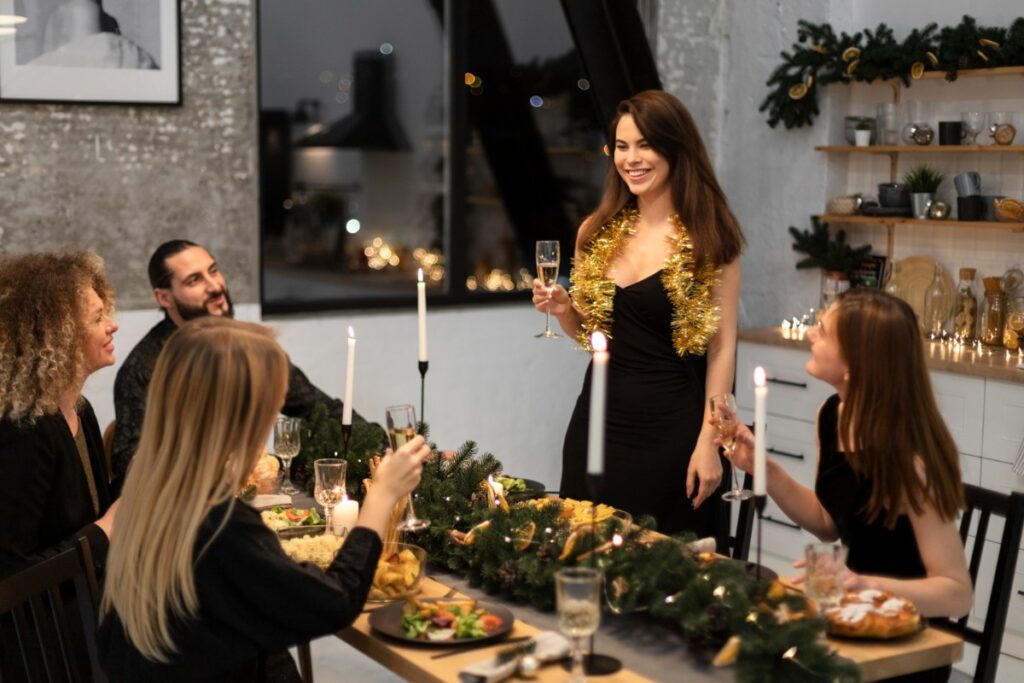
You might notice that in upper-class homes, dinner parties often follow a formal, multi-course structure. It’s common to serve appetizers, soups, salads, main dishes, and desserts in a carefully timed sequence. Each course is usually presented with specific table settings and utensils.
If you’re used to casual meals or buffet-style dinners, this style can feel overwhelming. There’s an expectation to know or learn proper etiquette for each step, like which fork to use or when to start eating.
The pacing is slower, giving guests time to enjoy conversations between courses. This can sometimes feel like a long evening if you prefer quick meals.
Maintaining a separate staff entrance in the home
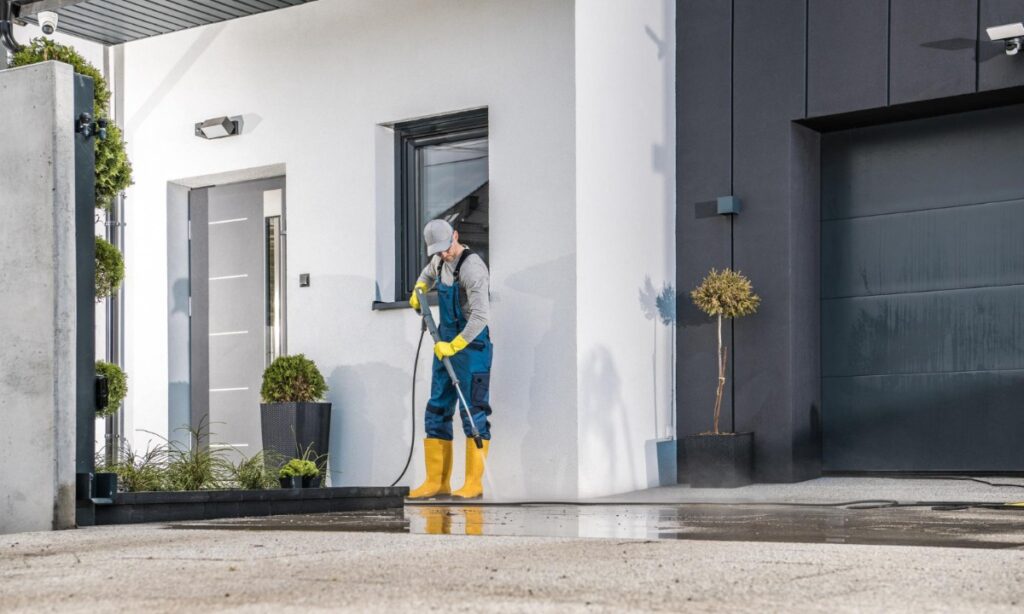
In many upper-class homes, having a separate entrance for staff is common. This allows household employees to come and go without using the main entrance. You might find it unusual because it feels less informal and more divided.
This setup helps keep the private areas of the home separate from work spaces. You won’t have staff walking through common rooms or greeting guests at the front door. It creates a smooth, organized flow during busy times.
Using monogrammed linen napkins at meals
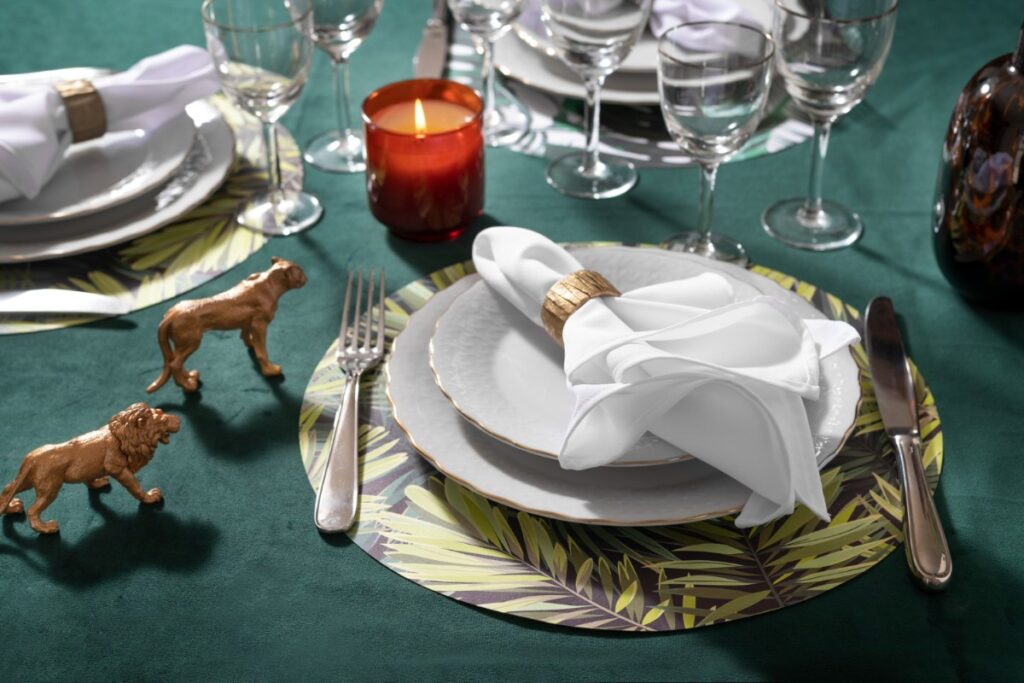
You might notice that in upper-class homes, using monogrammed linen napkins is common during meals. These napkins add a personal and elegant touch to the dining experience.
For someone not used to it, this can feel a bit formal or intimidating. You may wonder if you’re expected to use the napkin a certain way or worry about making a mistake.
The texture and care of linen napkins also demand more attention compared to paper ones you might use regularly. You might feel unsure about where to place the napkin or how to fold it properly.
Collecting rare first edition books

In upper-class homes, collecting rare first edition books is a common hobby. You might see shelves filled with beautifully preserved vintage books. These collections are often showcased as a symbol of taste and education.
For someone from a middle-class background, this habit can feel unfamiliar or even intimidating. You may wonder about the value or the care that goes into owning these fragile items. It’s not just about reading but about preserving history and culture.
Buying rare books also requires knowledge and sometimes large sums of money. You might find it uncomfortable to navigate auctions or private sales, which can feel exclusive. Sometimes, these collections are less about practicality and more about the prestige.
Having a bespoke wine cellar

You might find it unusual to have an entire room dedicated to storing wine. In upper-class homes, a bespoke wine cellar is quite common. It’s designed to keep bottles at the perfect temperature and humidity.
Your guests may notice the carefully arranged collections and the specialized racks. This space often reflects a passion for wine and a hobby of collecting rare vintages. It’s more than just storage; it’s a display of taste.
Hiring a personal chef for weekly meals
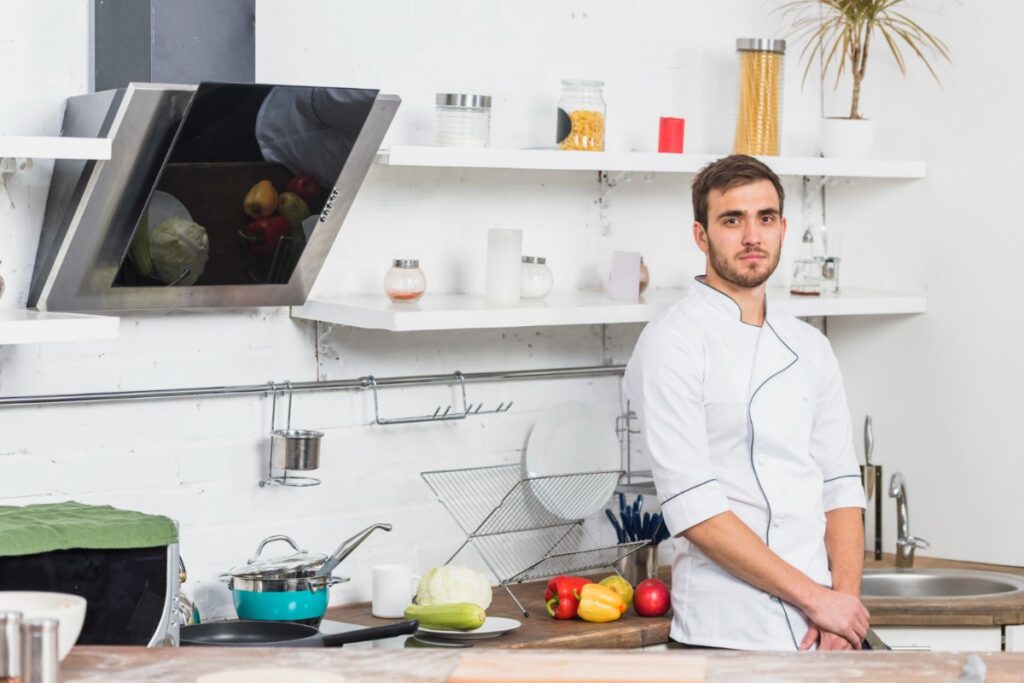
In upper-class homes, having a personal chef cook meals weekly is common. You might find it unusual because many middle-class families prefer cooking at home or ordering takeout.
A personal chef can plan menus, shop for groceries, and prepare meals tailored to your tastes and dietary needs. This convenience frees up your time for other activities.
You might feel uncomfortable at first, since hiring someone to cook regularly can seem extravagant or unnecessary. But it’s more about prioritizing time and food quality than just spending money.
Using silverware reserved solely for special occasions
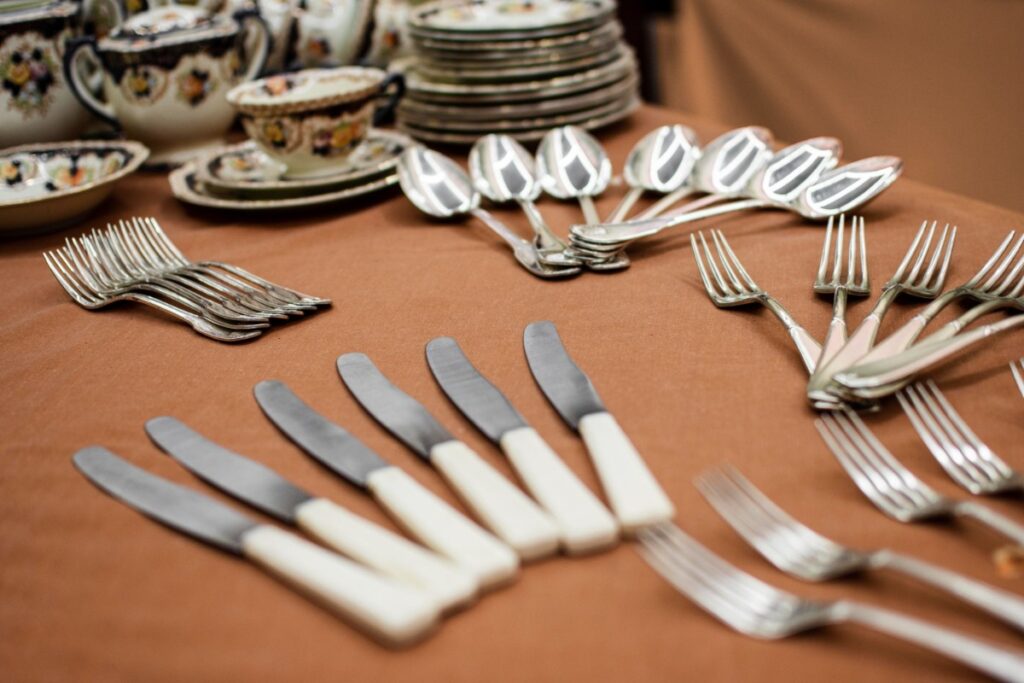
In many upper-class homes, silverware set aside for special occasions is used more casually. You might see this fine silverware brought out not just for holidays but also for small gatherings or meals with close friends.
This can feel unusual if you’re used to saving polished silver for rare events. Using it more often shows comfort and familiarity with finer things, rather than formality or stiffness.
Displaying original fine art pieces
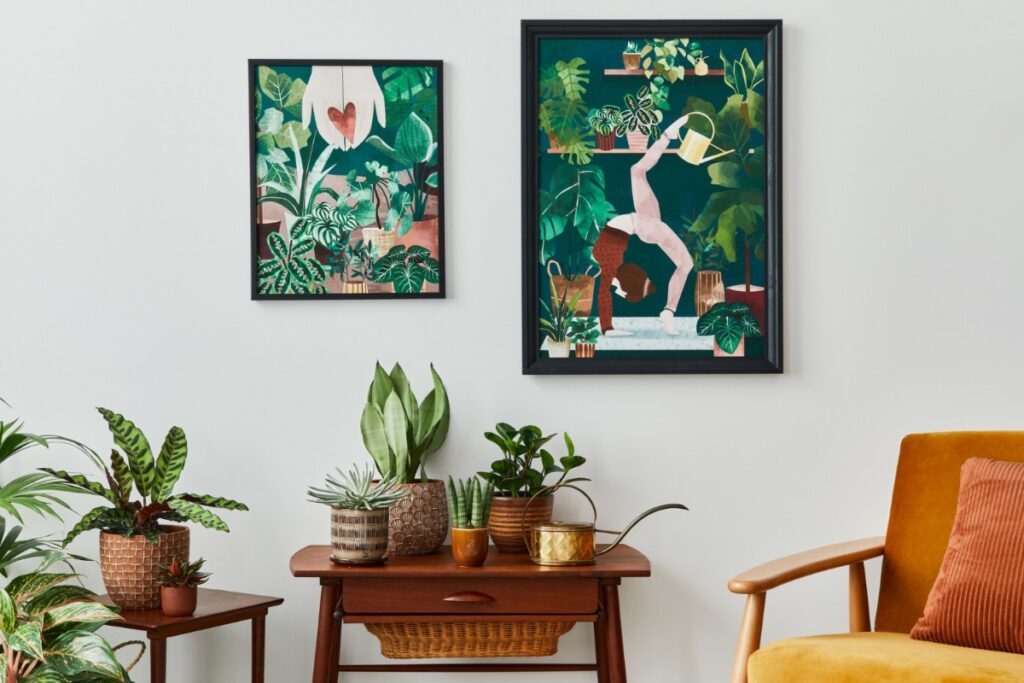
In upper-class homes, you often find original fine art prominently displayed. These pieces are usually unique, created by well-known artists, and valued for both their beauty and investment.
You might feel unsure about how to interpret or appreciate these artworks if you’re not used to seeing art displayed this way. It’s common to wonder about their meaning or why they are given so much attention.
Attending private gallery openings

You might find that attending private gallery openings is a common habit in upper-class homes. These events are often exclusive, invite-only, and held in elegant settings.
At first, it can feel a bit uncomfortable if you’re not used to mingling around unfamiliar art and strangers. The conversations often revolve around artists, collectors, and art history, which can feel intimidating.
Still, attending these openings can expand your social circles and cultural knowledge. It’s a small step that can gradually make art and such occasions feel less unfamiliar.
Seasonal wardrobe rotation with tailored clothing
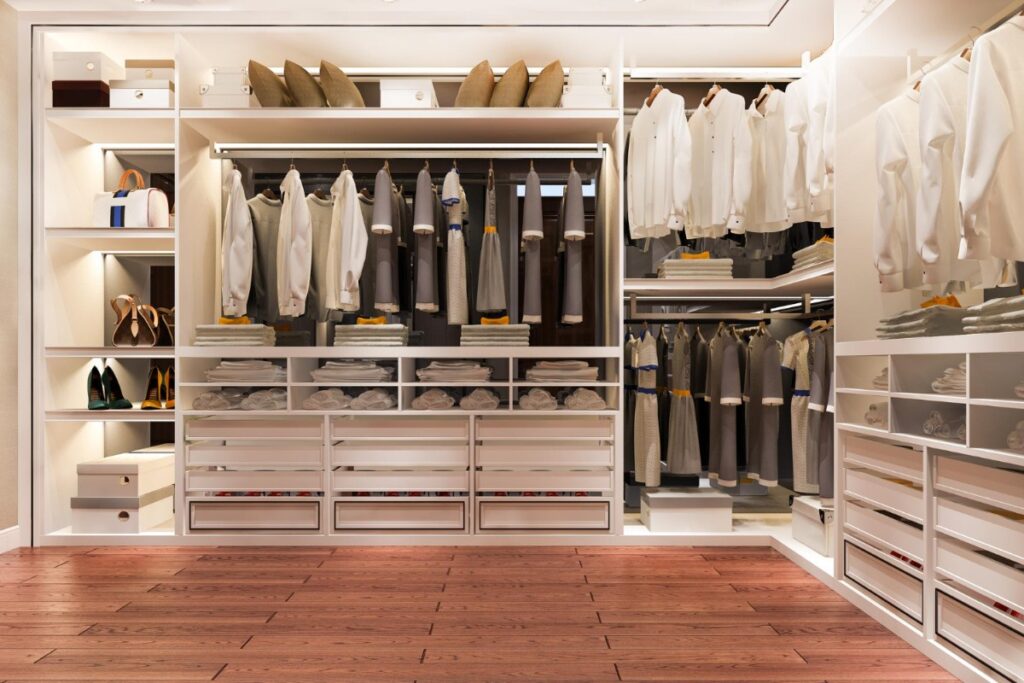
In upper-class homes, you’ll often find a strict seasonal wardrobe rotation. Your clothes change as the seasons do, but clothes are also carefully tailored for fit and style. This means your closet isn’t just about quantity but about maintaining sharp, custom pieces.
You might notice outfits put away neatly, pressed, and stored with care when not in use. This routine keeps clothes in prime condition and ready for their season without clutter or damage.
Scheduling regular weekend trips to exclusive country clubs

If you’re from an upper-class background, spending your weekends at a country club feels routine. You might reserve tee times, book a spot for brunch, or enjoy a swim in the pool without a second thought. It’s a comfortable way to relax and socialize.
For many in the middle class, the idea of regularly visiting exclusive clubs can feel intimidating. Membership fees, dress codes, and unwritten social rules create barriers that make these spaces seem off-limits. You might worry about fitting in or feel unsure about the expected etiquette.







